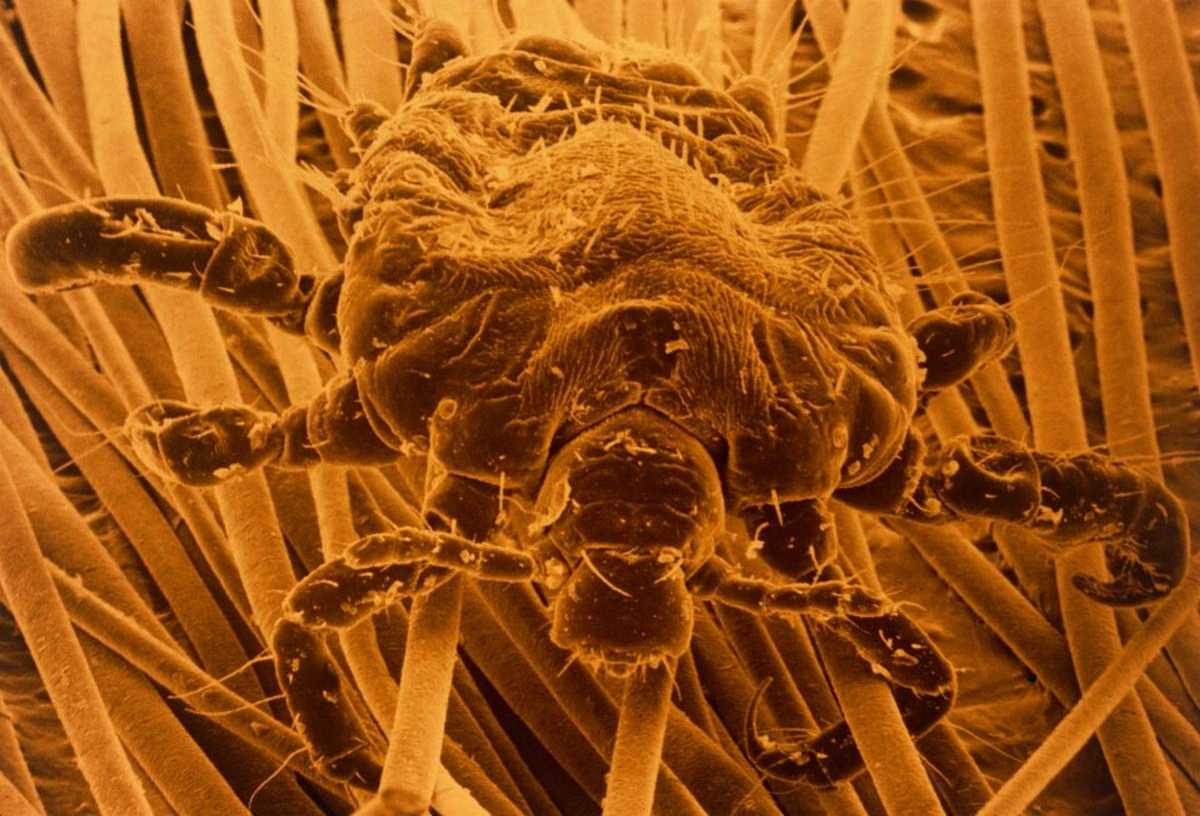Tourists risk “catching” head lice after flying in an airplane. So they were scared on the pages of The Sun by British dermatologists. Dr. Sharon Wong, a dermatologist-consultant for the British Skin Foundation, confirmed that there is a risk that passengers may pick up nits from the headrests of aircraft due to the lifespan of insects.
“Head lice do not fly or jump because they are wingless. Most often, they infect another person through close contact and survive by feeding on blood from the scalp. However, they can survive outside the human host for up to 48 hours. During this time, lice and eggs that have fallen from the hair shaft or strands of hair infected with lice can potentially be transmitted to another person through items such as pillows, hair brushes … and headrests,” she said.

At the same time the schedule of cleaning of planes differs depending on the airline and officially head restraints have to change. However, flight attendants, anonymously writing on online forums, said that although headrest covers are regularly inspected for cleanliness, they are rarely changed after each short-haul flight and can only be replaced at the end of each day.
However, her colleague, Dr. Tess McPherson, a dermatologist-consultant of the British Association of Dermatologists, reassures tourists. She estimates the probability of infection in flight as “incredibly low.” “The risk of getting head lice from airplane seats is incredibly low. They are unlikely to jump from head to toe, as they love warm places, and in any case will survive only for a short time and quickly become less alive or mobile, leaving the person. I do not think that tourists should be recommended to wet wipe the seats in airplanes. And those who are worried can take head lice protection sprays along with their tanning lotions. In addition, experts advise not to fly to those tourists who themselves or their children are infected with head lice to protect other passengers.

